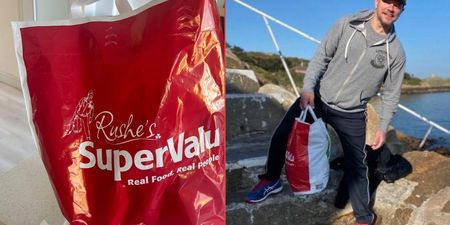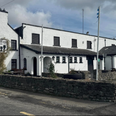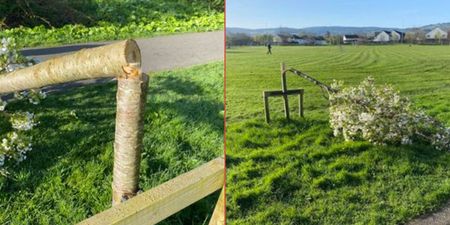Three-quarters of Trinity students who took part in a recent survey admitted to using illegal drugs on a regular basis.
The figures come from National Student Drug Survey lead by President of Trinity College Dublin Students’ Union (TCDSU) Lynn Ruane, which was conducted to discover if students understand the real impact of drugs on their lives.
The research found that these students spend an average of €72 a month on illegal drugs, while 80% of them said they were not concerned about the impact that drugs were having on their lives.
Speaking to The University Times, the TCDSU president said:
How can you know the impact of drugs if all you’ve done is have fun?
300 Trinity students took part in the survey and around 75% of those admitted to using illegal drugs. More than 50% got drugs from a friend, 15% from a dealer, and 5% bought their drugs on the dark web.
Cannabis is the most popular substance with these students, followed by MDMA, ecstasy, ketamine and cocaine.

More than 20% said they used medication that wasn’t prescribed to them to get high, alter their mood or get help with pain or sleep, while 35% used medication prescribed to them for the same reasons.
More than 60% said they used drugs in a social setting, 15% said they used drugs during normal daily activities, and 20% admitted to using drugs when they were by themselves.
More than 40% of males surveyed worried about their own drug use, which was twice as many as females surveyed. However, less than 20% had told anyone about these concerns.
They’re not seeing how you’re meant to take that carefree, fun, drug lifestyle that they’ve built up in college and then go off and work in a professional career and still be able to do that.
Lynn Ruane, President of Trinity College Dublin Students’ Union
Tim Bingham, the co-ordinator of the survey, stressed that the figures only represented the proportion of Trinity students who actually responded to the survey and may not accurately represent the entire university.
Topics:
RELATED ARTICLES






MORE FROM Lovin Dublin
























MORE FROM Lovin Dublin





















